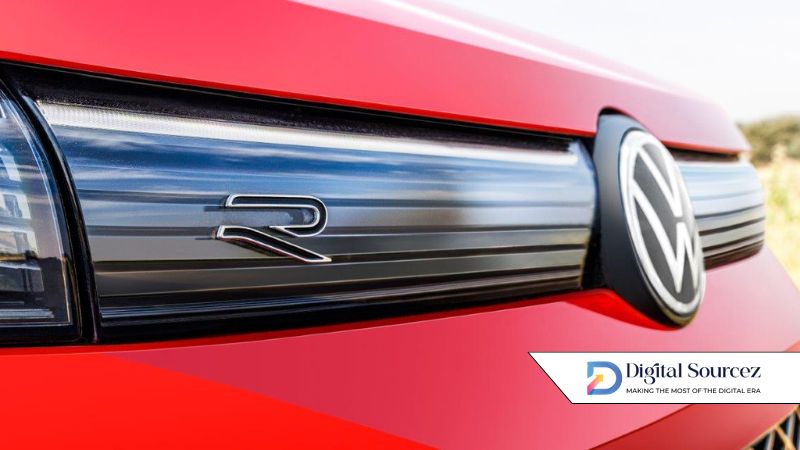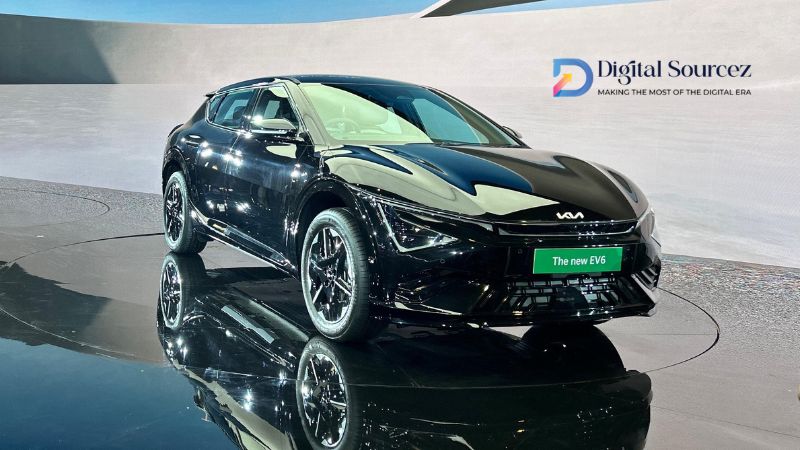- India's auto component exports reached $21.2 Bn in FY24, marking a significant turnaround from a $2.5 Bn deficit in FY19 to a $300 Mn surplus
- Global auto component trade stands at $1.2 Tn, with the US and Europe as top importers
- India's export share in North America and Europe is around ~4.5%, presenting massive headroom for expansion
- 80% of leading global CPOs either already source or are open to sourcing from India
New Delhi, March 4, 2025: India's auto component industry is on the verge of a significant breakthrough, targeting $100 Bn in exports, according to the latest report by Boston Consulting Group (BCG), titled "Revving Up Exports: The Next Phase of Export Growth for the Auto Component Industry"
Shradha Suri Marwah, President at ACMA, emphasized the significant progress in India's auto component industry. “We have not only achieved a positive trade balance, but for auto-specific use cases, the surplus is even more pronounced, reaching approximately $0.5 - 1.5 Bn. We are committed to sustaining this growth trajectory and have set an ambitious target of $100 Bn in exports ahead.”
The report presents a comprehensive, multi-faceted strategy to achieve this ambitious target. First, doubling down on classical components, India can potentially add another $40-60 Bn in incremental exports by prioritizing 11 product families detailed out in the report, with focus on US and Europe markets. Second, capitalizing on emerging EV & electronic value chain through localization today, India can look to tap into additional $15-20 Bn exports in components such as battery management systems, telematics units, instrument clusters, ABS.
A landed cost analysis of key auto components for 40 leading export nations, uncovers India's strong cost competitiveness. In the German market, which is predominantly influenced by Eastern European suppliers, India emerges as a cost-effective alternative, offering components at prices up to 15% lower. This cost advantage stems from India’s significantly lower productivity adjusted manpower and energy costs. In the US market, which is current dominated by imports from Mexico and China, Mexico offers components at 2-5% lower prices due to reduced logistics and tariff costs. Conversely, Chinese components are 20-25% more expensive vis-à-vis India, largely because of additional tariffs.
Global OEMs are major customers of India's auto component industry, accounting for 20-30% of exports. BCG surveyed 40 Procurement professionals across leading CV OEMs, PV OEMs, and global suppliers to gauge their perspective on India as an auto component sourcing hub. Interestingly, 80% of the CPOs are open to sourcing from Indian suppliers.
Vinnie Mehta, Director General at ACMA, underscored the importance of seizing the current growth phase. "We are at a pivotal juncture, with immense potential to scale. To fully capitalize on this opportunity, major Indian players must aim to expand their exports by 5-10 times and achieve deeper penetration into global supply chains. This expansion necessitates building closer proximity to customers, enhancing testing and tooling capabilities, and gearing up for ESG compliance-key areas where ACMA can facilitate industry transformation.”
Vikram Janakiraman, Managing Director and Senior Partner at BCG, highlighted the strategic importance of attracting Global OEMs to India for manufacturing. "As geopolitical dynamics evolve, Global OEMs are reassessing their supply chains and manufacturing strategies, presenting India with an optimal opportunity to establish itself as a top destination for global OEMs and Tier 1s. Encouraging 2-3 global OEMs to establish manufacturing bases in India can serve as an anchor – helping the domestic auto component players to gain a deeper understanding of global OEM requirements, integrate more seamlessly into their supply chains, and enhance India’s position in the global auto component market."
Saurabh Chhajer, Managing Director and Partner at BCG, underscored the need for modernization and automation to fortify India's position in global trade. "To emerge as a dominant global player, Indian companies must accelerate automation and advance towards Industry 4.0 standards. Leveraging India’s strength as a global center for digital solutions, along with AI integration can significantly enhance quality and scalability." He further advocated, "We need to create advanced testing and validation centers under a PPP model to support MSMEs, ensuring that India’s exports consistently meet the global OEM standards."
The report identifies three key pillars to scale India's auto component exports. First, position India as a global automotive hub by encouraging global OEMs and Tier 1 suppliers to expand their operations, facilitated by coordinated central-state incentives and streamlined approval processes. Second, enhance testing and tooling capabilities across auto clusters leveraging automation, and expand upskilling programs. Third, advance design and innovation capabilities by establishing tech parks and innovation accelerators, while also building industry readiness for sustainability.
About ACMA: The Automotive Component Manufacturers Association of India (ACMA) with over 1000 members, is the premier organization representing India’s automotive components manufacturing industry. ACMA’s mission is to drive industry growth, job creation, and economic prosperity. Committed to research and development, ACMA ensures that India remains a leader in global automotive components manufacturing. ACMA plays a critical role in advancing India’s automotive industry by promoting trade, enhancing technology, improving quality, and disseminating information. The association participates in international trade fairs, sends trade delegations abroad, and publishes industry reports. ACMA supports its members through an expanding network, offering valuable resources, industry insights, and collaboration opportunities. The organization is also instrumental in shaping policies and regulations that foster sustainable and inclusive growth.
About Boston Consulting Group: Boston Consulting Group partners with leaders in business and society to tackle their most important challenges and capture their greatest opportunities. BCG was the pioneer in business strategy when it was founded in 1963. Today, we work closely with clients to embrace a transformational approach aimed at benefiting all stakeholders—empowering organizations to grow, build sustainable competitive advantage, and drive positive societal impact. Our diverse, global teams bring deep industry and functional expertise and a range of perspectives that question the status quo and spark change. BCG delivers solutions through leading-edge management consulting, technology and design, and corporate and digital ventures. We work in a uniquely collaborative model across the firm and throughout all levels of the client organization, fueled by the goal of helping our clients thrive and enabling them to make the world a better place.















